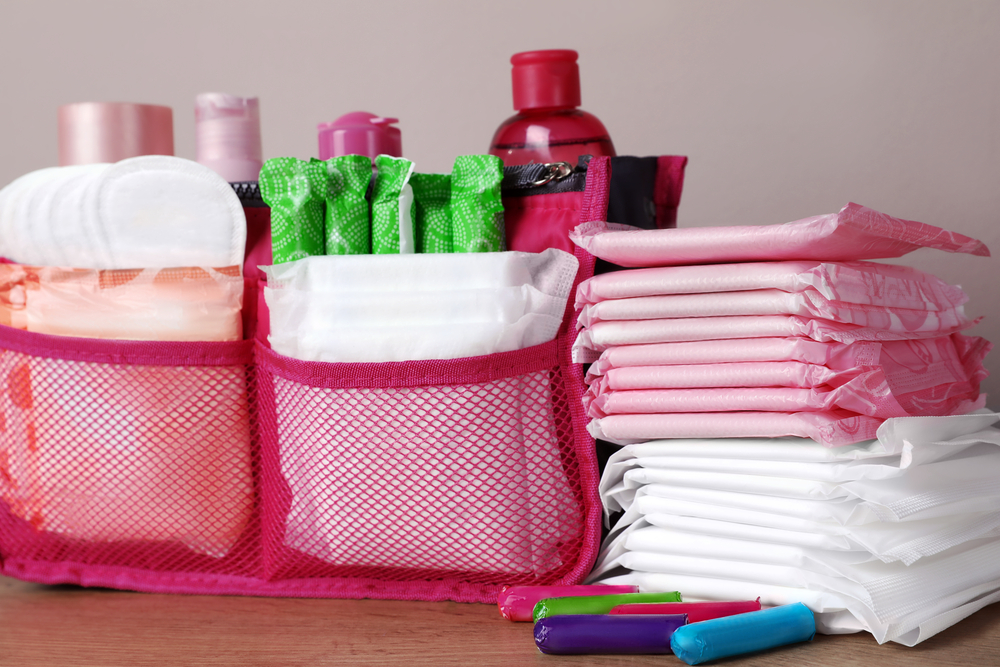Red alert! The Dutch House of Representatives has just announced that menstrual products should become free for people with low incomes. Let’s hope they put this plan into action soon. 💪
The government believes that while this is a step in the right direction, it’s only a “start”, Nu.nl reports.
The plan is said to cost €2 million a year and should be implemented in 2023 — another reason to happily wave doei to 2022.
Great! how will this work?
So, what counts as low income? For now, the House of Representatives believes that free period products should be made available to those on “at least” minimum income.
An ideal structural solution to the problem would be that menstrual products become free for everyone, votes MP Marieke Koekkoek — say it louder for the people in the back!
READ MORE | The ultimate guide to gynaecology, birth control, and check-ups in the Netherlands.
And where can we get these products? While it’s not certain where we will be able to pick up free period products, the current plan is to make them accessible through food banks.
Tackling a very real issue
Period poverty has long since been an ongoing topic of conversation in the Netherlands.
A shocking one in ten girls and women are unable to afford period products — and this hasn’t been helped by inflation which has seen the price of sanitary products rise by upwards of €2 per item.
READ MORE | Why are tampons and pads not free in the Netherlands?
Some women must choose between buying menstrual products or putting food on the table. This may be an extra challenging time for families with daughters.
Go with the flow
It’s not just the government who are acknowledging this struggle.
This year Tilburg University made free menstrual products available on their campus. A remarkable achievement which the rest of the Netherlands should use as a blueprint (or blood print. 😉)
Let’s hope that this isn’t just another one of those once-a-month discussions.
What do you think of this plan? Let us know in the comments below.


